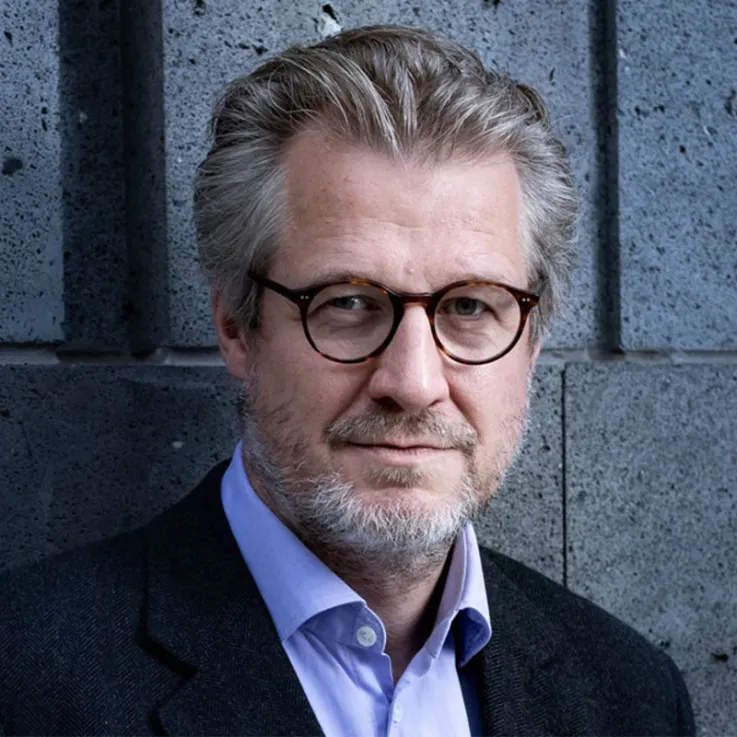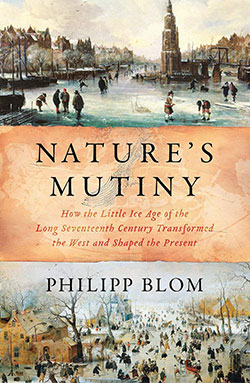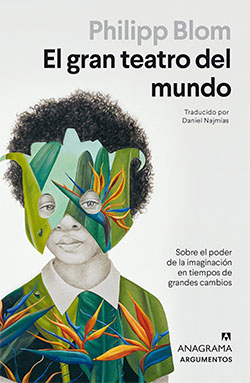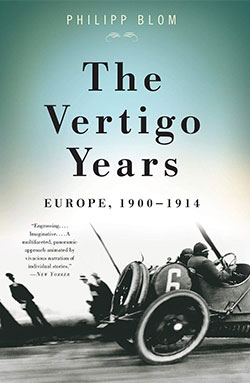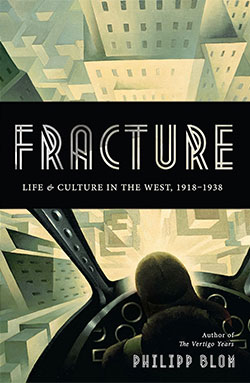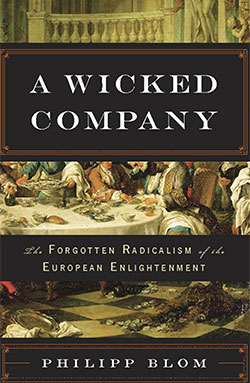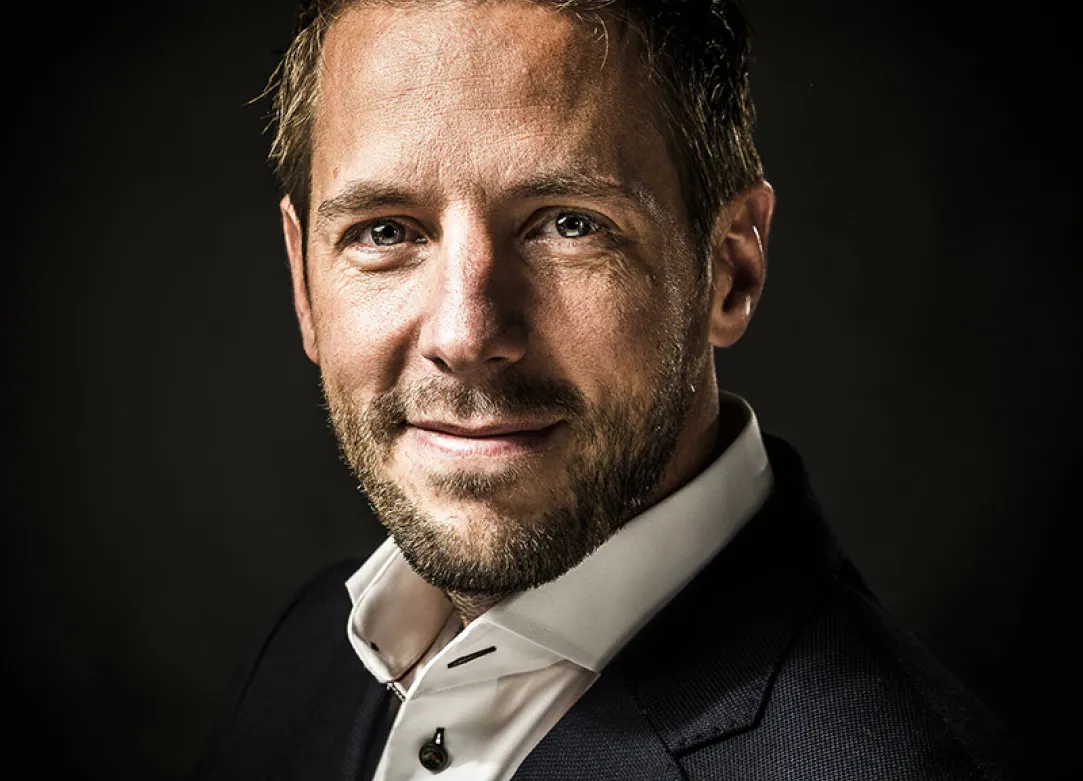Philipp Blom (1970) is a historian and author of several books on history, politics, and philosophy. He also works a radio presenter, documentary film maker and as a public lecturer.
Philipp was born in Hamburg and grew up in Detmold, in northern Germany. After studying history, philosophy and Jewish studies in Vienna and Oxford, he gained a D.Phil. on nationalism. During this period, he also worked in journalism, taught at a high school, and wrote a novel. Like many of his subsequent books it was written in English and translated into German by himself.
From 1997 to 2001 Blom and his wife, the writer Veronica Buckley, lived in London, where Philipp initially worked as an editor in a publishing house and as a foreign correspondent for German, Swiss and British newspapers and magazines (Guardian, Independent, the TLS, Frankfurter Allgemeine Zeitung, Süddeutsche Zeitung, Neue Züricher Zeitung) and for radio stations (BBC, ORF, Deutschlandfunk). 2001 the couple moved to Paris to concentrate on their books. Since 2007 they live in Vienna.
Next to his work in history, fiction, philosophy and art, Philipp presents the program „Punkt 1“ on the Austrian radio station Ö1. He wrote and presented a TV documentary, and curated exhibitions for, among others, the Wien Museum and the Getty Research Institute in Los Angeles, where Philipp invited in 2010 to work for one year. Lecture tours and festivals take Philipp throughout Europe as well as to the USA, Canada, and South America. Philipp is also artistic director of the Dachstein Dialoge, a festival for ideas and the arts.
Philipp Blom’s book combine historical research, philosophical enquiry and an essayistic, literary approach. Among his best-selling works are The Vertigo Years and Fracture, dealing with the cultural history of the early twentieth century, A Wicked Company, about the radical Enlightenment, Nature’s Mutiny an investigation into history and climate change in the seventeenth century and, more recently, What is at Stake, dealing with climate change, digitization, and democracy.
Philipp’s wide-ranging work and research interests have received numerous accolades. He won several international prizes (Premis Terenci Moix, Barcelona, Groene Waterman Prijs, Antwerpen, NDR Kultur Buchpreis, Wolfenbüttel), and his books are translated into sixteen languages. From 2009-2010, 2011 scholar at the Getty Research Institute in Los Angeles. He was also Fellow of the IFK, 2017 Visiting Fellow at the IWM, both in Vienna. 2018 he opened the prestigious Salzburg Festspiele with a widely-discussed speech on the future of the Enlightenment in a time of climate change. He also holds a honorary doctorate from the University of Groningen in the Netherlands.
Having wanted to become a violinist early in life, Philipp also continues to make music and presents a series of concerts at the Vienna Konzerthaus.
